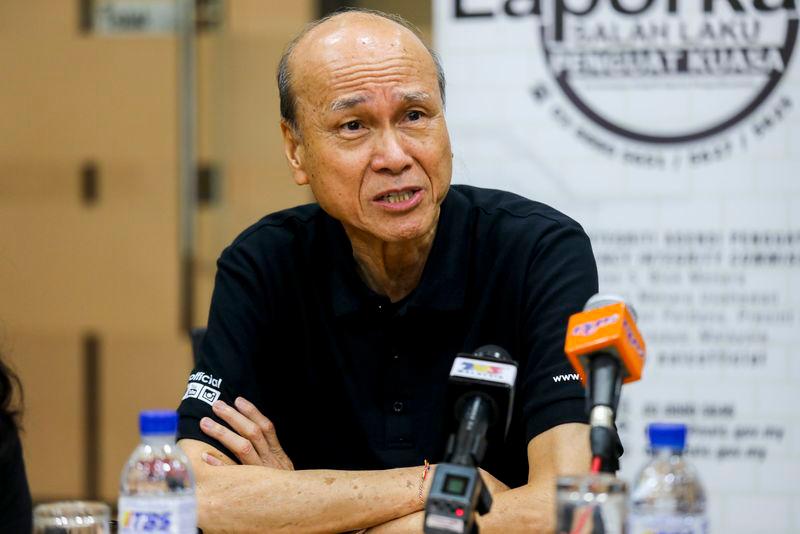THERE are several old, dilapidated and unsightly buildings in urban areas that are also economically unfeasible.
Abandoned buildings currently scattered across areas in Kuala Lumpur and Klang are an eyesore, often infested with rodents, and some are even occupied by drug addicts.
The upcoming Urban Renewal Bill, set to be tabled in Parliament, aims to put an end to this situation, attracting new businesses and investors. It will also create jobs in construction and give a new lease of life to long-time residents.
The bill further seeks to improve infrastructure, enhancing accessibility and making urban areas more appealing to residents and businesses.
To maximise these benefits for local communities, the bill’s implementation must be fair and inclusive. Engaging residents and businesses in the planning process is crucial to ensure that their needs and concerns are addressed.
Residents, having lived in the area for a long time, can provide valuable insights into the area’s unique characteristics and offer suggestions. This engagement can foster a sense of ownership and support for the projects.
Furthermore, fair compensation and relocation assistance for displaced residents and businesses are essential to prevent social issues and economic hardship.
The bill should ensure that low- and middle-income families can continue to live in revitalised areas.
Public-private partnerships can also be leveraged to share costs, risks and expertise, ensuring that the projects are also socially responsible.
By prioritising these measures, the Urban Renewal Bill can become a powerful tool for economic growth and community empowerment.
It is noteworthy that some of these issues are already on the table. Ultimately, the success of the bill in preventing displacement will depend on careful planning, equitable policies and a commitment to balancing the interests of developers with the needs of affected communities.
In short, it must be a win-win situation for all.
Tan Sri Lee Lam Thye
Chairman
Alliance for a Safe Community









